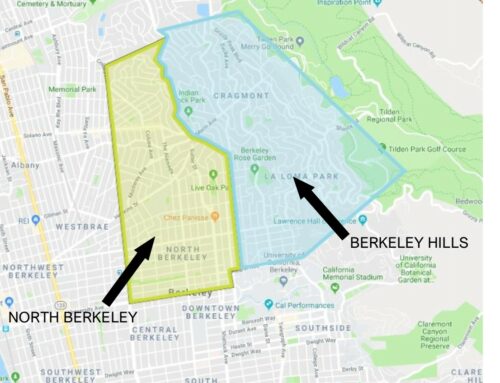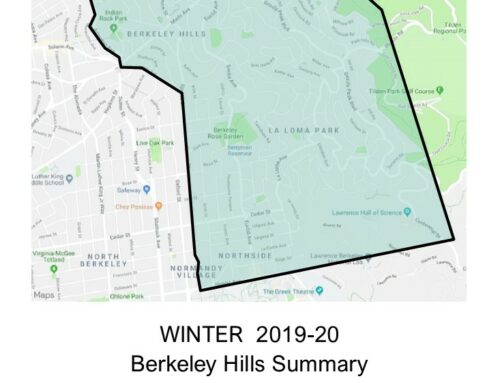What’s changing in the real estate world?
There was a big lawsuit filed in Missouri in 2019, that focused on the way buyers’ agents are paid. A settlement agreement was reached last month, and it has been all over the news recently. What’s it all about?
Sellers have long negotiated a total commission with their agents, and that commission has been shared between the listing (seller’s) agent and the agent representing the buyer of the property. This is all spelled out clearly in the listing agreement we use in California – it has a field for the total commission to be paid, and a separate specific entry that says how much of that total will be paid to the buyer’s agent. The commission offered to the buyer’s agent has been a required field for any property entered into the Multiple Listing Service (MLS). The lawsuit argued in part that this requirement of compensation to the buyer’s agent in the MLS is an antitrust violation.
The settlement agreement has not yet been approved by the courts, but, if approved, it will lead to two changes in the way we do business. The first is that an offer of compensation to a buyer’s agent will no longer be a requirement for a listing to be in the MLS. Sellers can still pay the buyer’s agent, but that compensation will not be part of the MLS info. The second change is that there will always be a separate written agreement between buyers and the realtor® representing them.
The commission paid to the buyer’s agent can be paid by the seller, or by the buyer. This of course begs the question, why would a seller pay for a buyer to have representation?
The sale of a home is a huge and complicated transaction, involving large sums of money, and real estate is one of the most litigious sectors of the economy. As a seller, you don’t want the buyer to end up with buyer’s remorse, so it is extremely important that the buyer understands the process, and the property involved. This is the critical role of the buyer’s agent: not only to bring your property to the attention of buyers for whom it is a good fit and show it to them, but also to provide them with essential information and context about the property, the area, legal requirements, and local market conditions and values.
A smart seller will always want their buyer to have not only an agent, but a good agent. When a seller offers to pay the buyer’s agent’s compensation, they are (1) increasing the pool of possible buyers (because not all buyers will have the cash to cover the downpayment and closing costs, and also pay their agent); (2) increasing the odds that their escrow will close (because the buyer will have someone knowledgeable helping them understand the property and what the process and costs are, and shepherding them through the offer and escrow); and (3) reducing future risk.
















